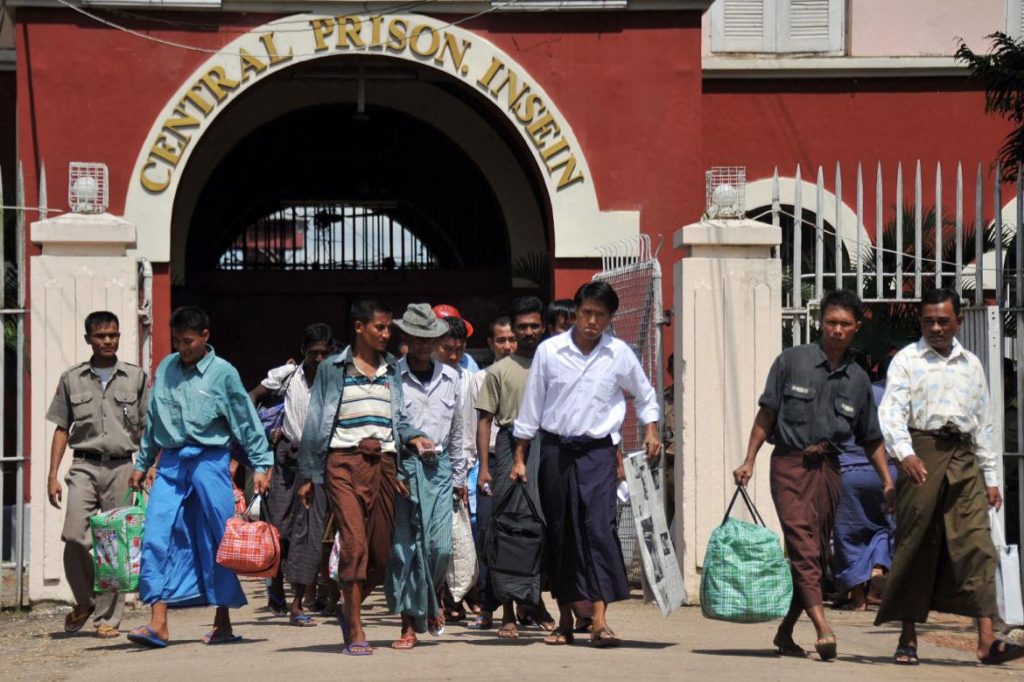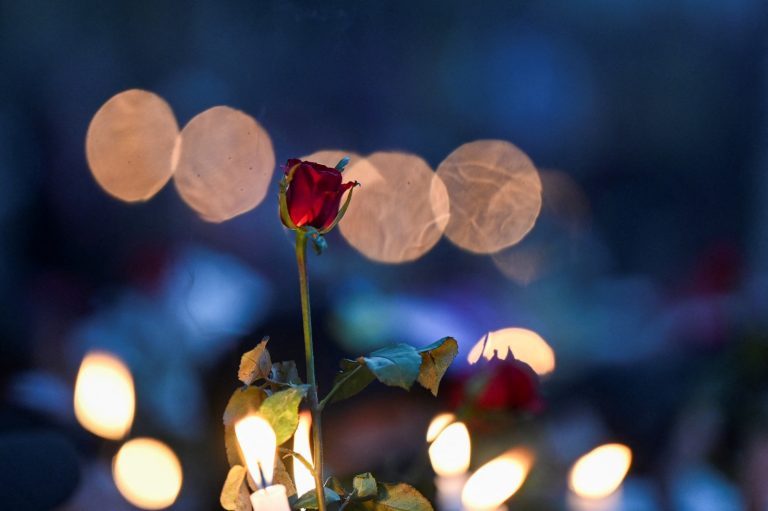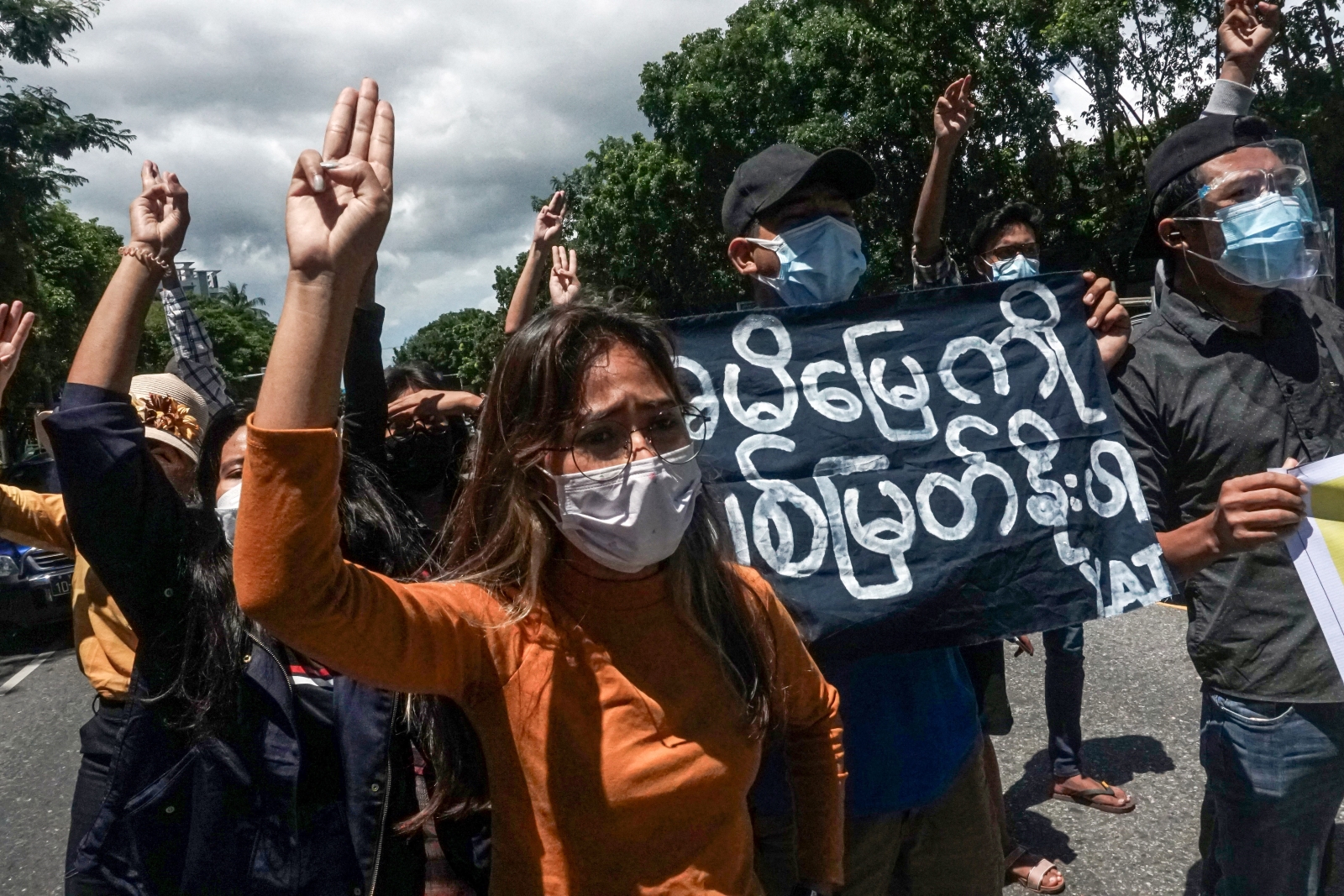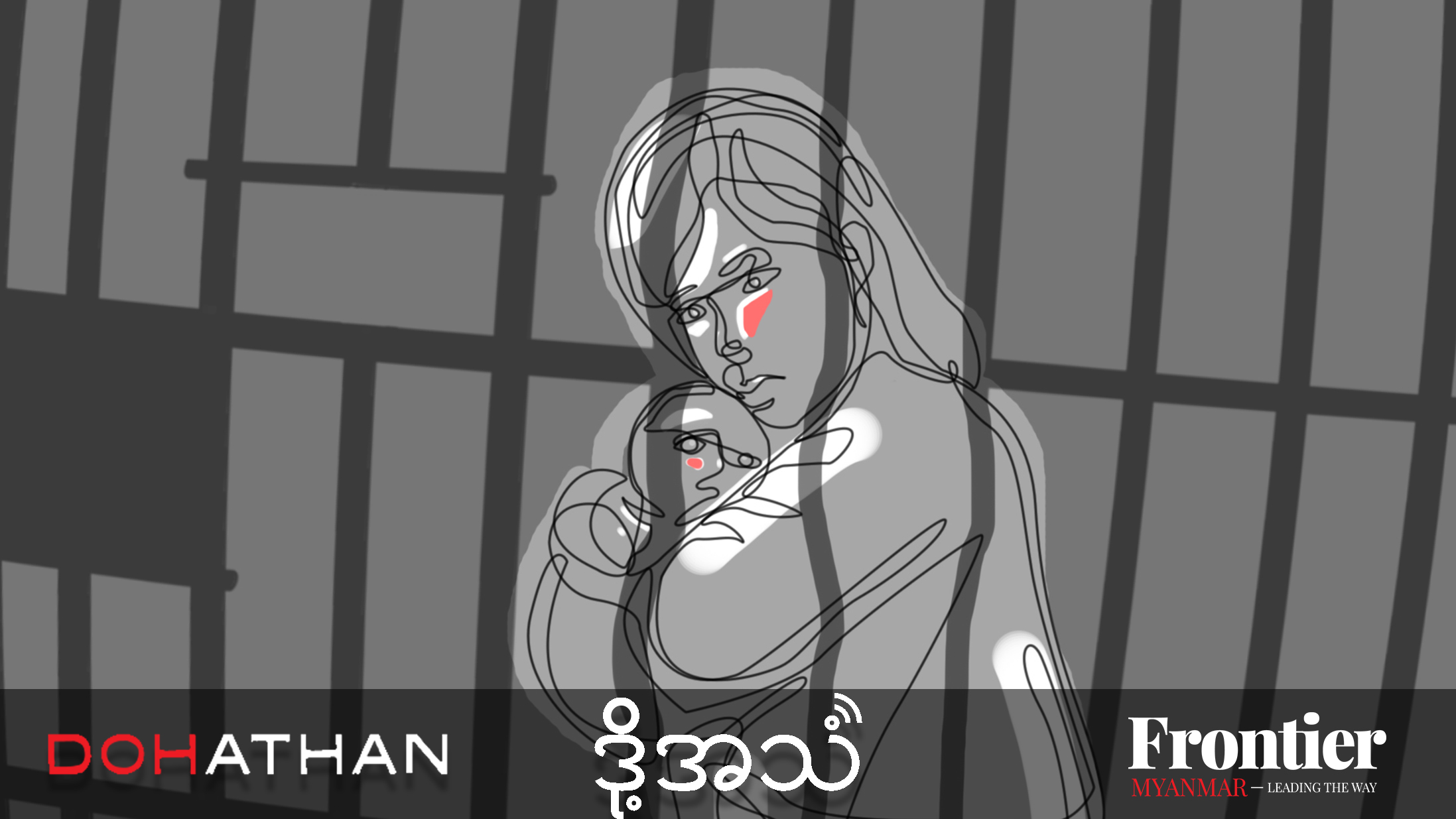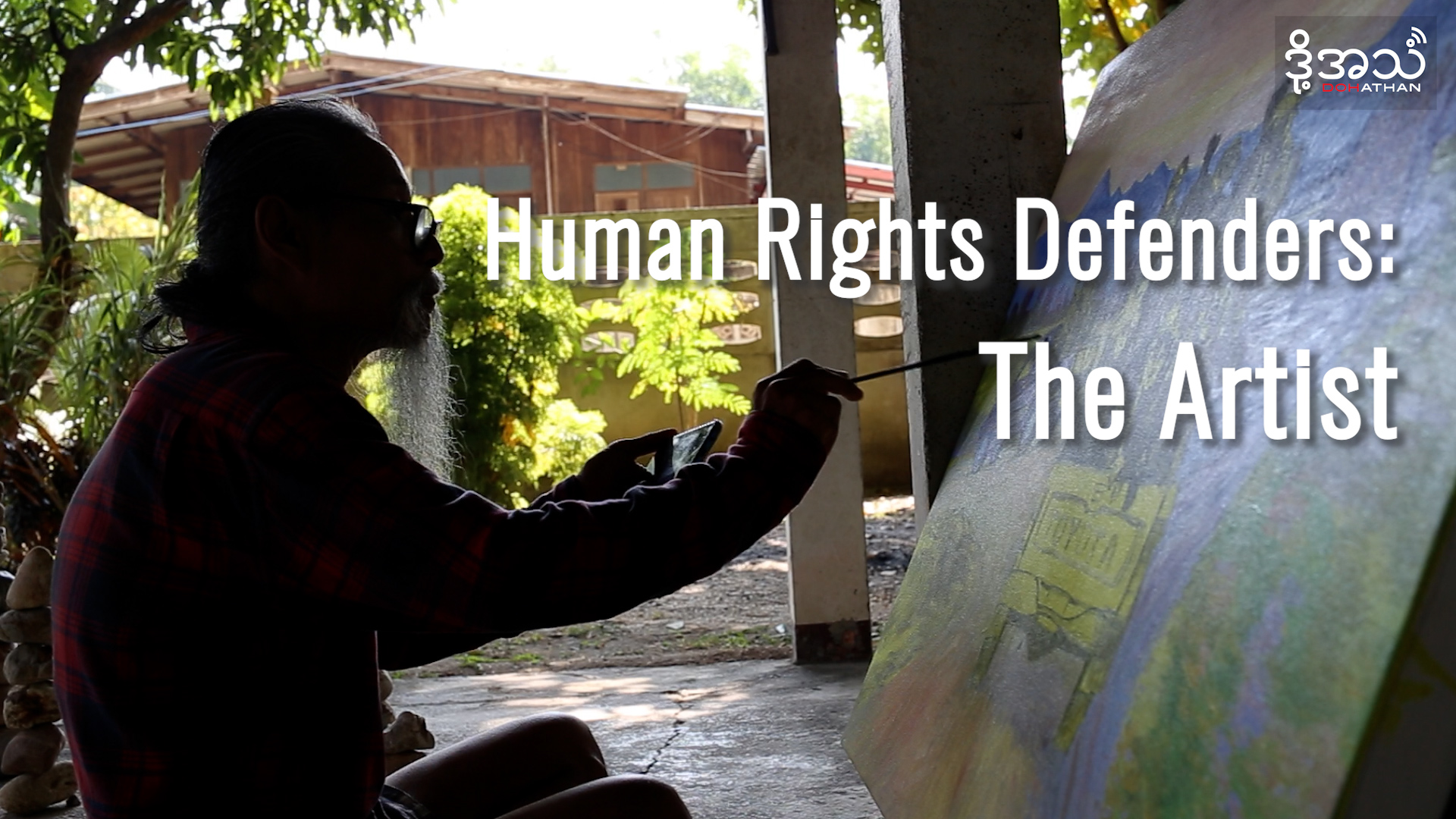The election victory of the National League for Democracy has raised hopes of an early release for the hundreds of political prisoners in the nation’s jails.
More than a hundred former political prisoners will become members of the Union and state and regional parliaments when victors in the November 8 election assume their seats early next year.
A list compiled by the Assistance Association for Political Prisoners (Burma) said they included 109 members of the National League for Democracy, two each from the Rakhine National Party and the Mon National Party and one from the Zomi National League for Democracy.
The election triumph of the NLD and the presence of an unprecedented number of former political prisoners in the next Union parliament has raised hopes of an early release among the hundreds of prisoners of conscience languishing in prison.
Many are wondering if an early release of political prisoners will closely follow the transition to the NLD government.
“I think that they are really interested in political prisoners, because they have struggled for democracy as has the NLD,” said Ko Myat Thu, a student leader who went into hiding after the crackdown on protesters at Letpadan in March.
Support more independent journalism like this. Sign up to be a Frontier member.
The NLD government would be expected to give top priority to the release of political prisoners, he said.
The AAPP(B) says that at the end of October there were 112 political prisoners in the nation’s jails, and another 486 people in detention on or awaiting trial for political activities. They include more than 60 students detained at Letpadan and being held at Tharyawady prison as their trials continue.
The AAPP(B) said last month it believed that former political prisoners elected to parliament would be effective MPs who would strive to resolve issues involving political prisoners, including rehabilitation and the restoration of their rights.
The issue of political prisoners needs to be resolved while the U Thein Sein government remains in office, said U Tun Kyi, an executive committee member of the Former Political Prisoners Society, which says there are 126 political prisoners and 377 people awaiting trial for political activism.
“It should not be transferred to the next government,” he said.
On November 20, 14 activist groups wrote to President U Thein Sein to urge the release of all political prisoners and detainees on trial for political activities.
Former NLD core member and political prisoner U Nai Nai said that if President U Thein Sein did not release all political prisoners before the end of his term in office, they would be freed by the NLD government as soon possible after its takes power.
U Nai Nai, who was jailed for his political activities from 1990 to 1999 and from 2000 to 2009, said all the students arrested in the Letpadan crackdown should be released while President U Thein Sein remains in office.
Ko Myat Thu, who expressed doubt about whether a transfer of power would take place, said the U Thein Sein government was playing with the issue of political prisoners.
“U Thein Sein is not interested in political prisoners, but the NLD will care for us, I’m sure,” Ko Myat Thu said.
The biggest amnesty during President U Thein Sein’s term took place on July 30 and resulted in the release of 6,966 prisoners, including 155 Chinese nationals who had been sentenced to lengthy prison terms about a week earlier.
The July 30 amnesty saw the release of 13 political prisoners.


